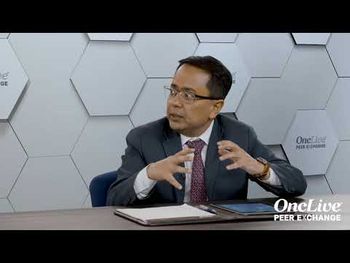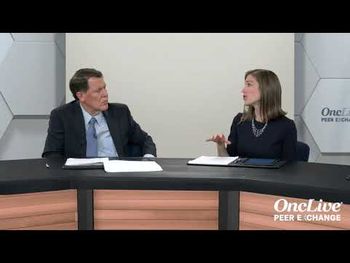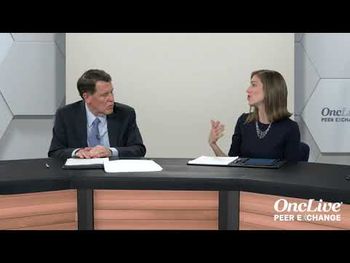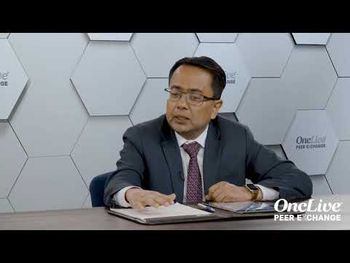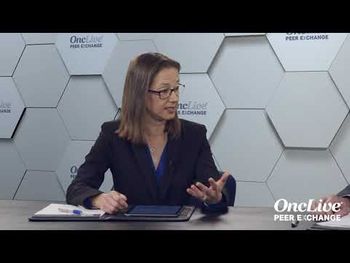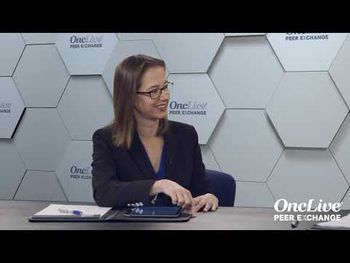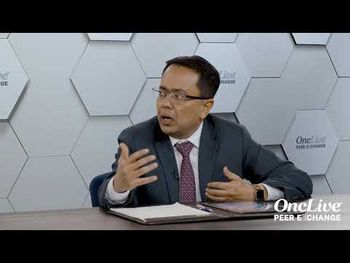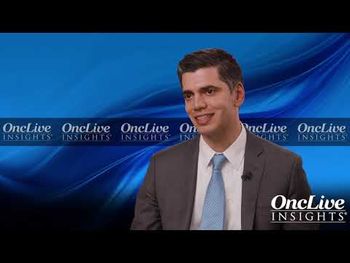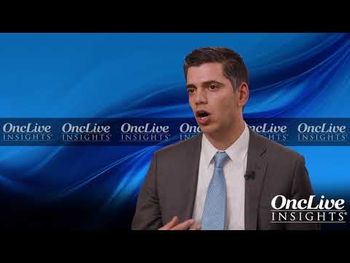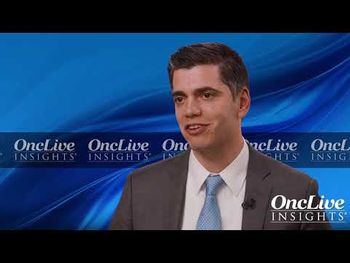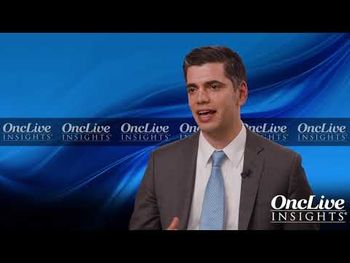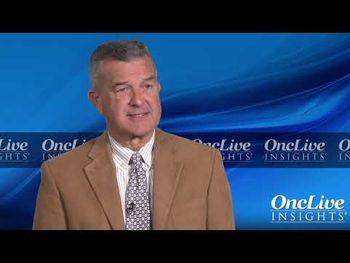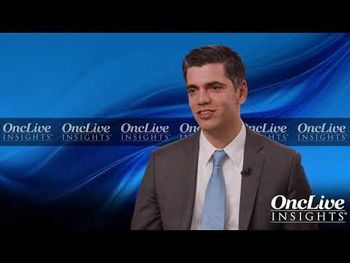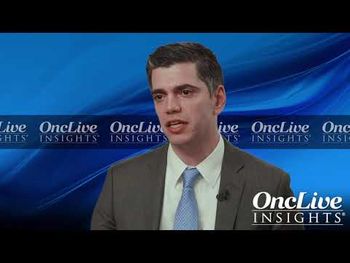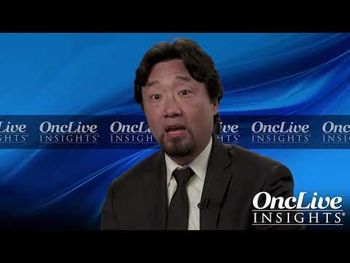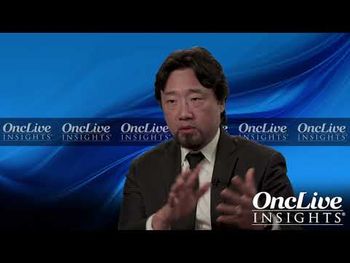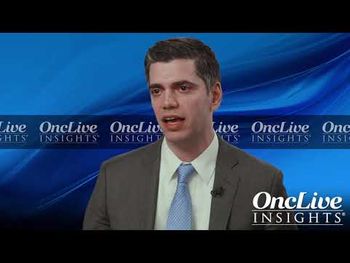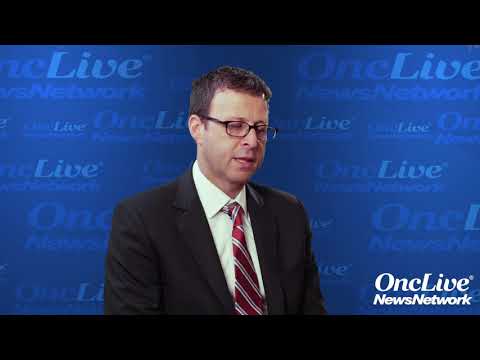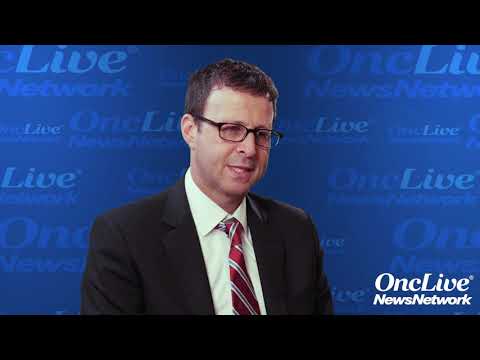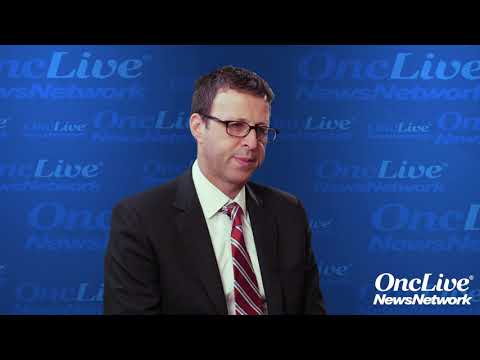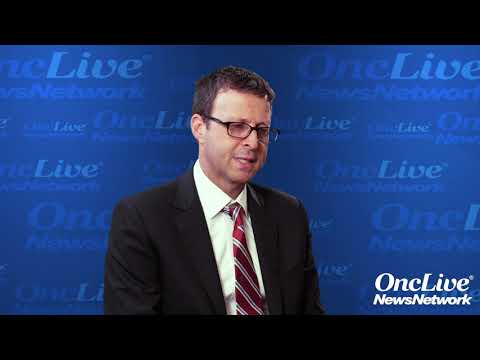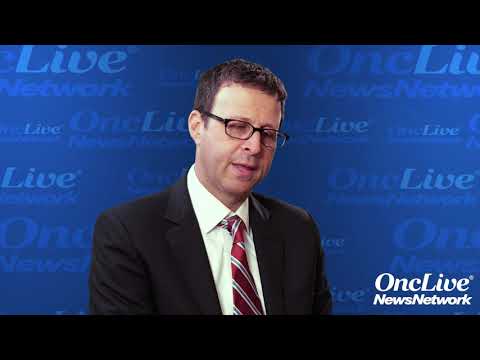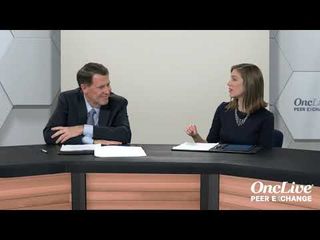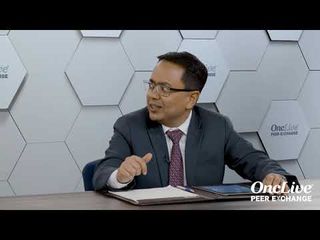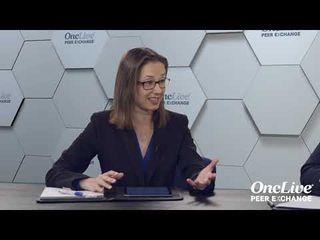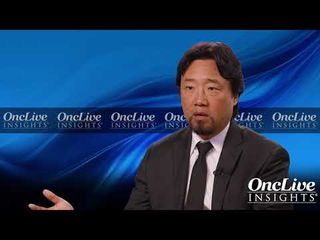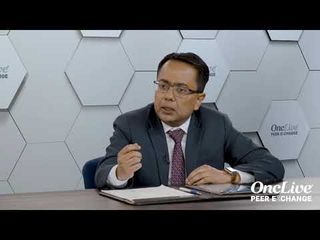
Oncology Business Management
Latest News
Latest Videos

CME Content
More News
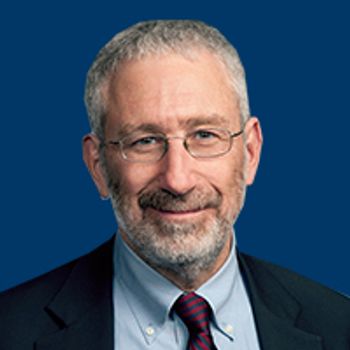
Particularly in the oncology arena, there are several serious scientific, ethical, and pragmatic concerns associated with ongoing reliance on placebo-controlled studies.
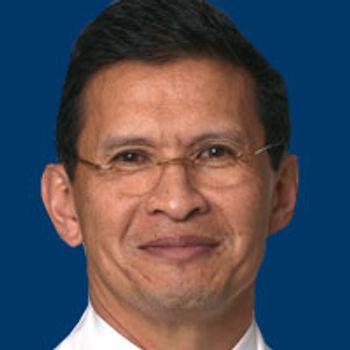
My hopes were to be that rare individual who went through life never having to see the sharp end of a Bard-Parker scalpel. That fantasy is about to come to an abrupt end.
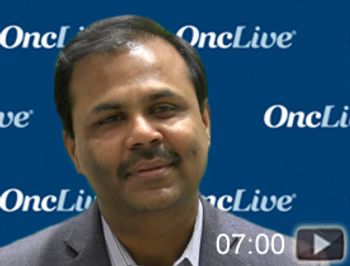
OncLive interviewed experts at the State of the Science Summits in July 2019 on highly anticipated clinical trial results across tumor types.
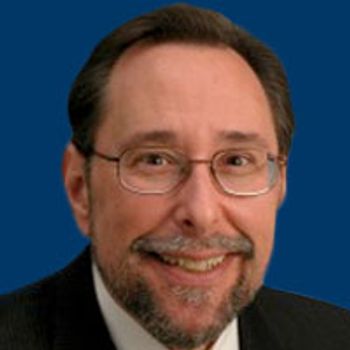
A 2018 Giants of Cancer Care award for Community Outreach, Education, and Cancer Policy, Richard L. Schilsky, MD, built a scaffolding upon which new trials were launched into emerging areas of oncology investigation. His work has led to new standards in cancer care, particularly in breast cancer, and along the way he has furthered the careers of many successful and talented oncologists and investigators.
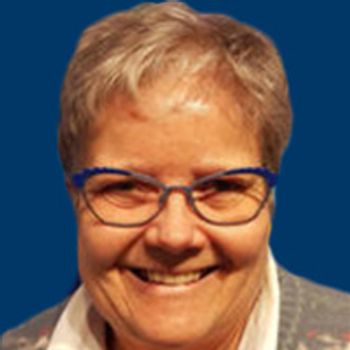
Although there has been significant progress in the field of geriatric oncology, experts say there is still a pressing need to increase clinical trial participation by older patients and to improve the predictive value of assessment tools.
